The cloud is used for everything, from storing files to video chatting and data protection. With more of us working from home lately, companies big and small are getting on board, too. Moving data and operations to the cloud gives them more flexibility and efficiency. However, it also makes security more complex, leaving us more vulnerable to hacks, data breaches, and privacy issues.
The stats tell it all. According to research, over 80% of problems with cloud security can be trace back to simple misconfigurations from someone not locking things down right. And with more than 90% of businesses embracing cloud computing, securing this critical part of operations needs to be priority number one.
Securing the cloud is a shared responsibility between the business and the big cloud providers like Certified Nerds, Azure, or Google. The providers actively secure the cloud, while companies must customize security to protect their data best. Working hand-in-hand is key, or else massive hacks will keep coming.
Definition of Cloud Security:
Cloud security refers to the policies, technologies, and controls used to protect data, applications, and infrastructure hosted in the cloud from threats. With remote work on the rise, enterprises are migrating to the cloud for greater flexibility, productivity, and cost savings. Specific cloud protections like access controls, network monitoring tools, encryption, security training, and compliance audits work together to safeguard sensitive information and stop unauthorized access. Security measures are a must-have, whether it’s a public cloud like AWS or a private corporate cloud.
Cloud Computing Overview
Cloud computing refers to delivering on-demand services, such as storage, servers, databases, networking, analytics, and more, over the internet. Rather than building and managing physical computing infrastructure on-premises, companies can leverage the technology resources of third-party cloud providers like Amazon Web Services (AWS), Microsoft Azure, and Google Cloud Platform.
According to recent forecasts, the public cloud market is booming and expected to grow over 15% annually, reaching an estimated $800 billion by 2027. With the flexibility to easily scale services up or down on demand, cloud computing enables organizations to focus less on routine infrastructure management and more on innovation.
However, the distributed nature of the cloud also warrants upgraded cybersecurity strategies to secure data and applications from emerging threats. Over 90% of enterprises already use cloud services, prioritizing security and compliance capabilities when selecting providers. Companies are embracing the public cloud for greater agility, productivity, and cost efficiency.

How Does Cloud Security Work?
Cloud security utilizes policies, processes, and technologies to protect data, applications, and infrastructure hosted in public, private, or hybrid cloud environments. Cloud service providers (CSPs) usually operate under a shared responsibility model. It means that the cloud provider and the client share equal responsibility for implementing cloud computing security. On the provider side, they actively secure the infrastructure servers, networks, and data centers to block and detect threats. Clients then customize security specific to their needs. The main steps typically include the following:
Identification
Identity access management to govern permissions with factors like role-based controls. You can’t let just anyone access sensitive data.
Encryption
Encryption to scramble data so only authorized parties can read it. This keeps data secure even if it ends up in the wrong hands.
Security Analytics
Security analytics like log monitoring to quickly spot negative activity that could signal an attack. The faster the response, the better.
Configuration
Configuration checks for holes in your security policies or settings that create openings for threats. It takes discipline to keep everything locked down tight.
Different Types of Cloud Environments
There are 3 major cloud environments to pick from when searching for cloud-based security. Public, private, and hybrid clouds are the best solutions available today. It’s critical to understand the differences between each of these environments because they each have unique security considerations and advantages:
Public Cloud:
Public clouds, like AWS, Azure, and GCP, provide computing services via the internet, with shared resources owned and managed by the providers. Users rent on-demand access to servers, storage, and networking, enjoying flexibility and scalability without upfront investments. However, less control and security customization exist compared to private clouds due to shared infrastructure.
Private Cloud:
A private cloud is exclusive to one organization, hosted internally or by a third party, providing maximum control and security customization. It ensures regulatory compliance but demands substantial upfront investments in hardware and staffing. However, it lacks the flexible capacity adjustments of public clouds.
Hybrid Cloud:
Hybrid cloud combines private and public cloud services for strategic workload placement, balancing flexibility and security. However, managing the complex architecture requires expertise to minimize security risks.

Cloud Security Services
The most widely used cloud security services include:
IDS/IPS
Intrusion detection and prevention systems monitor network traffic and system access attempts, sending alerts and blocking suspected malicious activity in real time.
CAST
Cloud access security brokers manage access permissions, encrypt data, and secure sensitive information flowing to and from cloud apps.
CWPP
Cloud workload protection platforms take a workload-centric approach to cloud security with micro-segmentation, anomaly detection, and customized security policies and reporting.
CSPM
Cloud security posture management tools provide centralized visibility into misconfigurations across cloud infrastructure and ensure compliance with security standards.
Zero Trust
Zero trust network access solutions heighten identity and access controls with contextual, rules-based authentication rather than implicit trust based on networks.
These cloud-native security services help organizations seamlessly extend robust protection from their existing on-premises environments into the public cloud, private cloud, or hybrid environments.
Why is Cloud Security Important?
Cloud security is crucial because it’s like a digital lock that keeps your assets safe in the online sky. Imagine your important files and secrets floating in the cloud; you want to ensure no one can sneak in and grab them. Well, cloud security does just that. It protects your data from cyber-attacks, ensuring only the right people can access it. Whether it’s family photos or important work, keeping things secure in the cloud ensures peace of mind.
As valuable data and infrastructure migrate beyond the traditional network perimeter, securing cloud environments against emerging threats becomes imperative for organizations of every size and sector.
Benefits of Cloud Security
Migrating business activities to the cloud creates new security vulnerabilities. Here are some of the benefits of implementing robust cloud security.
Data Protection
Cloud security encrypts data and blocks unauthorized access to protect valuable information from theft and leakage. Policies safeguard the integrity of sensitive assets.
Threat Prevention
Tools like firewalls, analytics, and intrusion detection help monitor traffic to detect and stop attacks and malware in the cloud in real time.
Cost Efficiency
Cloud security managed by providers can significantly lower costs compared to traditional on-premises models by reducing security equipment and staffing overhead.
Peace of Mind:
Knowing your data is secure in the cloud gives you peace of mind, whether it’s family photos or important work stuff.

Challenges of Cloud Security
As organizations pursue cloud adoption, securing sensitive assets against emerging threats grows more challenging despite clear benefits. Common security issues companies now face:
Lack of Visibility
A unified view of assets and account activities across complex cloud environments is necessary to ensure effective monitoring and rapid response.
Data Control
Transitioning direct control over sensitive data and systems into the hands of third-party providers deeply warrants upgraded governance measures and advanced protections.
Complex Compliance
Multiplying local and international regulations and increasingly dispersed infrastructure elements greatly complicate attaining and demonstrating consistency in privacy policies and practices.
Advanced Threats
Constantly changing attack strategies to exploit common cloud vulnerabilities through stolen credentials, misconfigurations, and malware requires adaptive safeguards with global threat intelligence.
Conclusion:
No cloud environment can ever be 100% secure. The key is constantly evaluating and upgrading defenses against modern threats targeting common cloud vulnerabilities. Finding the right balance of user access, business continuity, and strong protection powered by automated cloud-native tools is essential for organizations to safely tap the cloud’s potential.
With sound strategies backed by vigilant execution, companies can focus more resources on innovation rather than infrastructure management. But only by making cloud security central to adoption from day one, not an afterthought.
Contact us to get more information about cloud security solutions!





